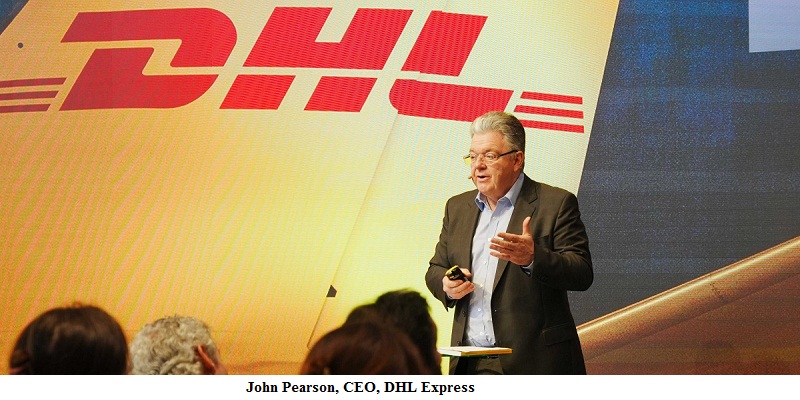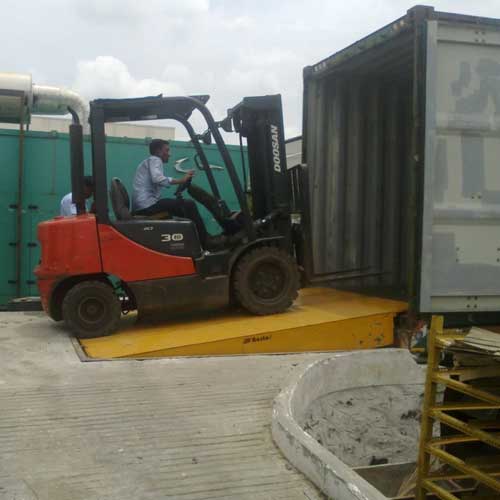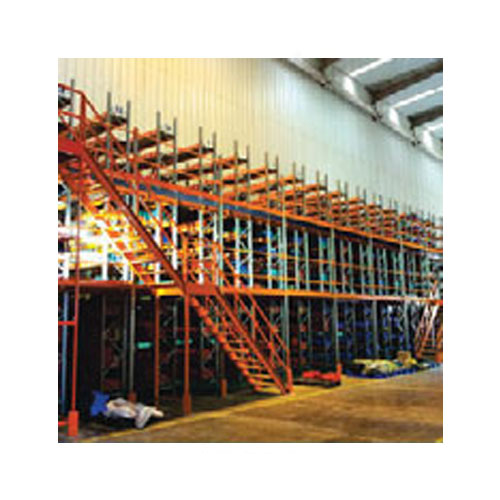Schedule a Call Back
Globalisation resilient even as US-China decoupling advances: DHL Global
 Industry News
Industry News- Mar 16,23

Related Stories

MSMEs: The Fight for Financing
As India seeks to become the world’s third-largest economy by 2027, measures are afoot to resolve the funding-related challenges routinely faced by the country’s humongous MSME segment to truly ..
Read more
Globalisation resilient even as US-China decoupling advances: DHL Global
Global flows of trade, capital, information stronger than pre-pandemic; people flows recovering, says the new DHL Global Connectedness Index 2022. There is no compelling evidence of global economy d..
Read moreRelated Products

Dock Leveller
Besto Material Handling Equipments offers a wide range of dock leveller.

Multi Tire
SCI Storage Solution offers a wide range of multi tire.

Industrial Lifting Equipment
Rana Material Handling Equipments Pvt Ltd offers a wide
range of industrial lifting equipment.














